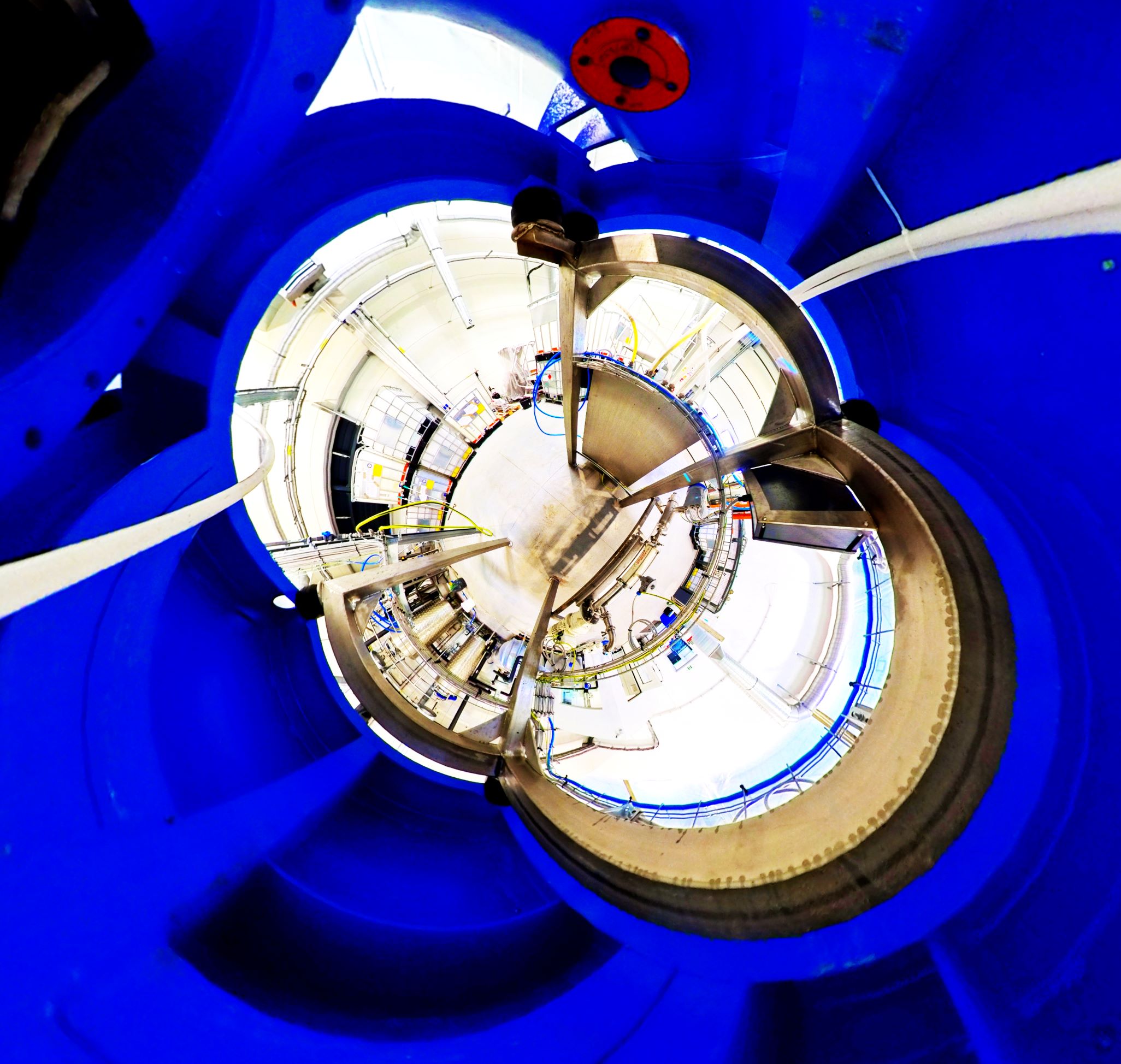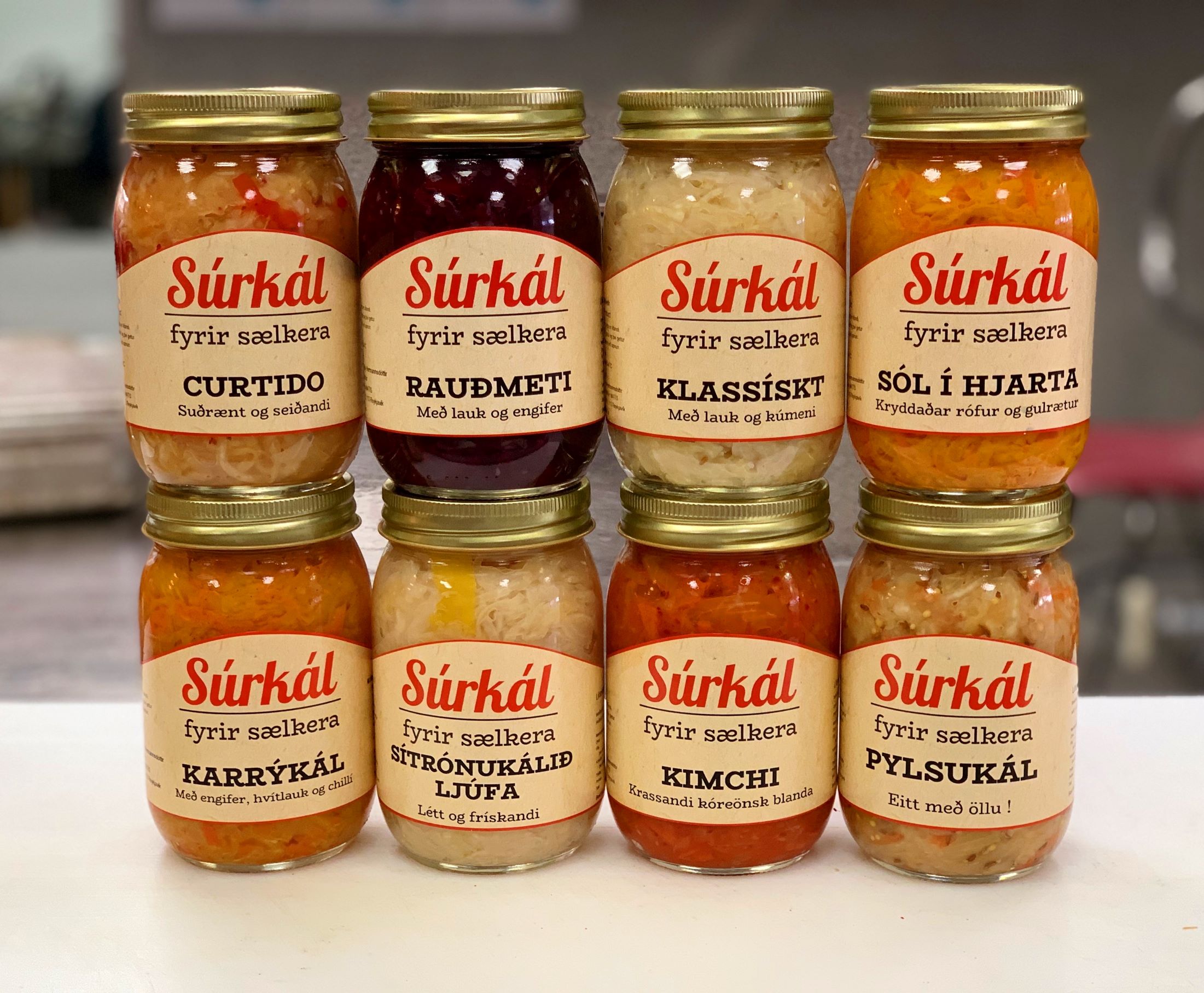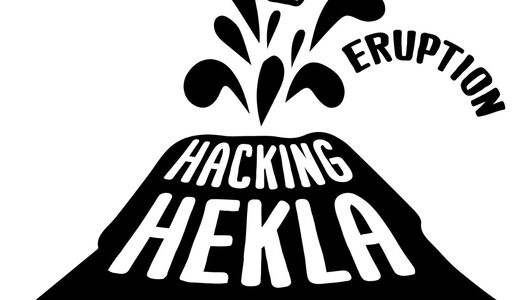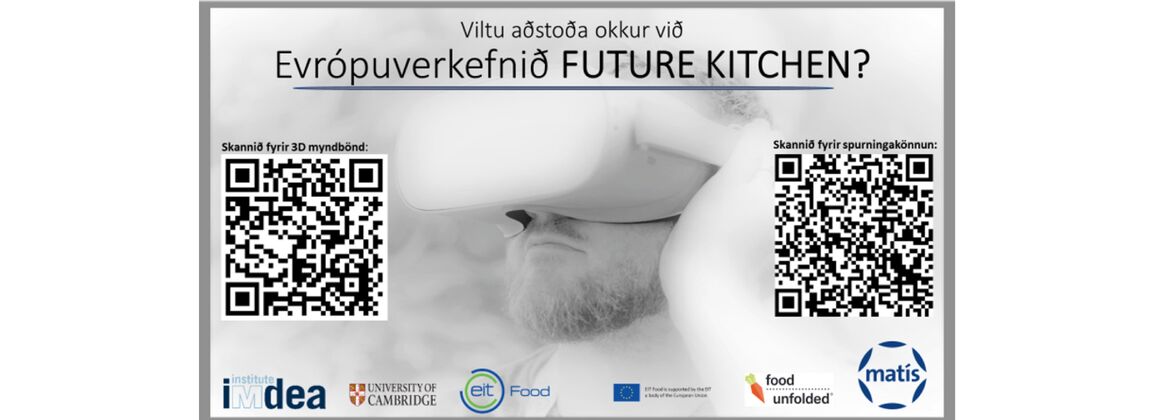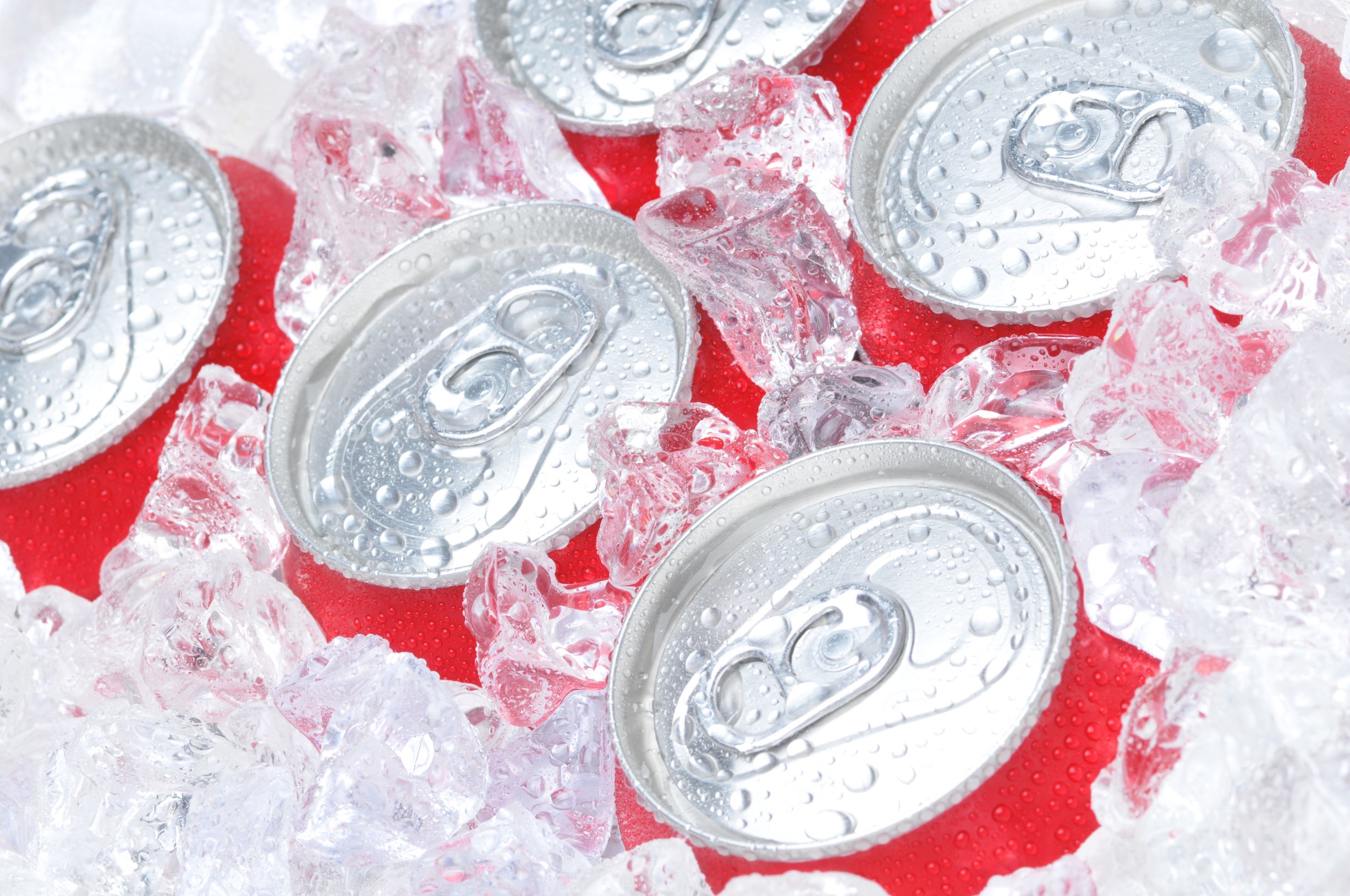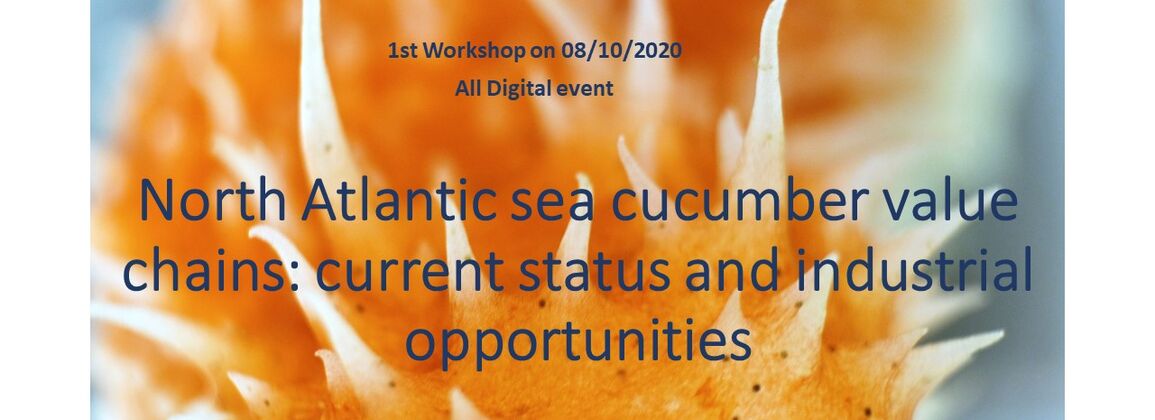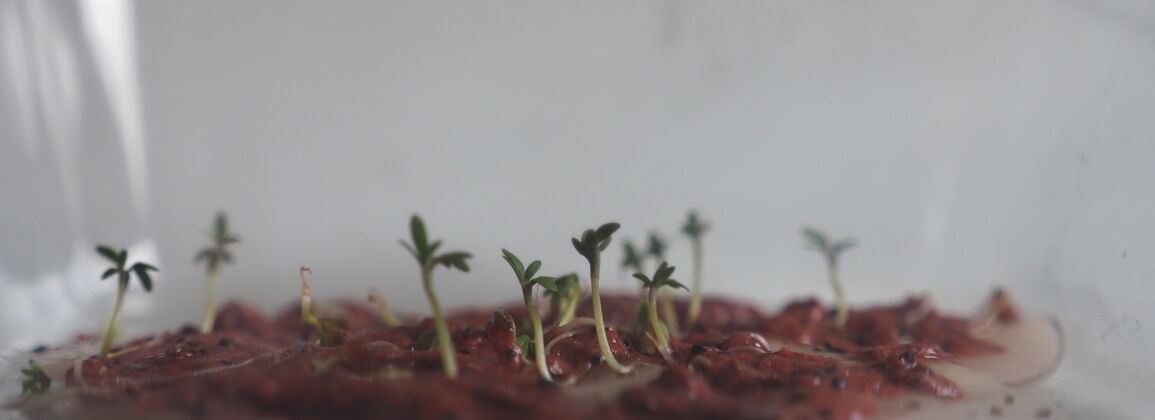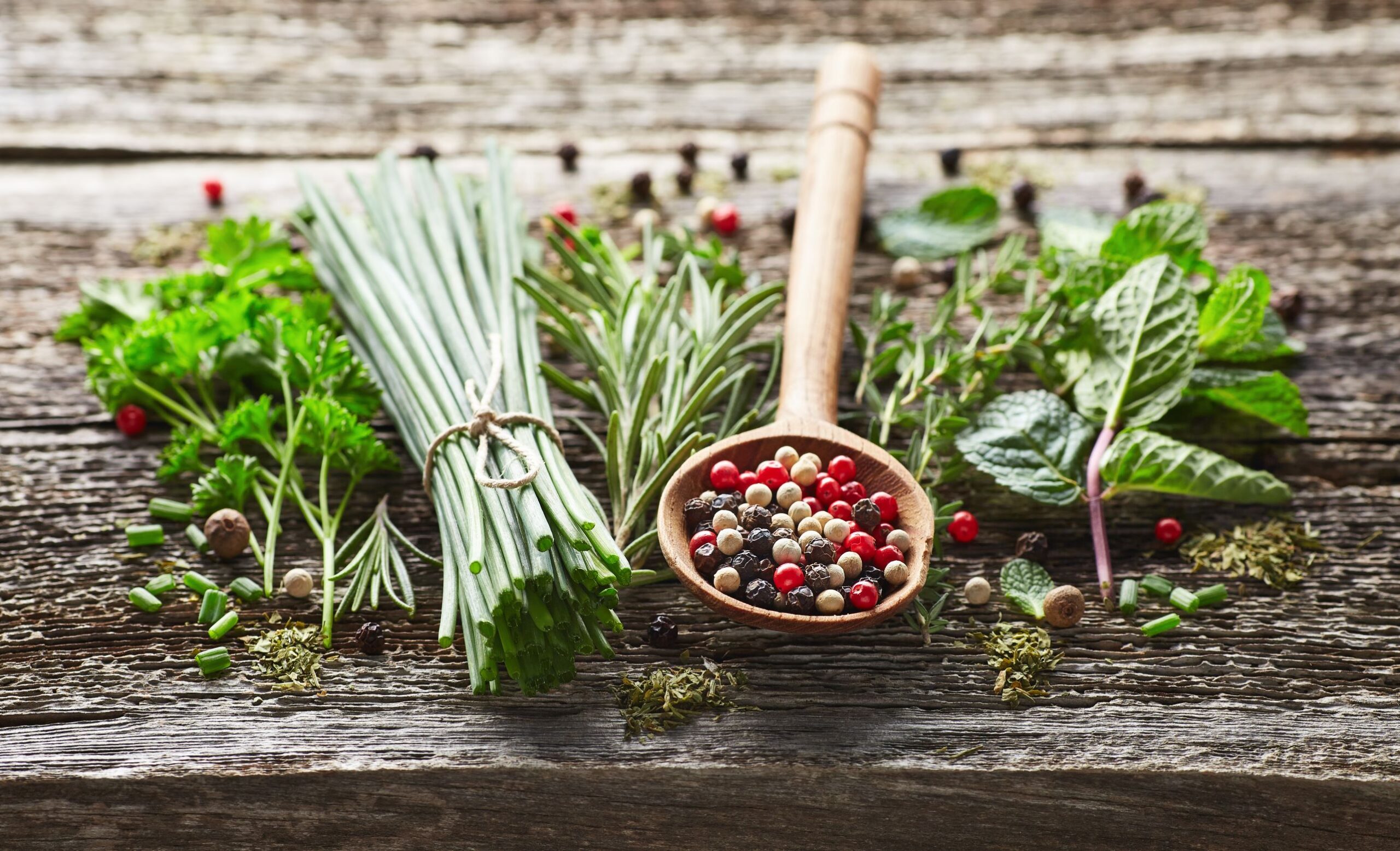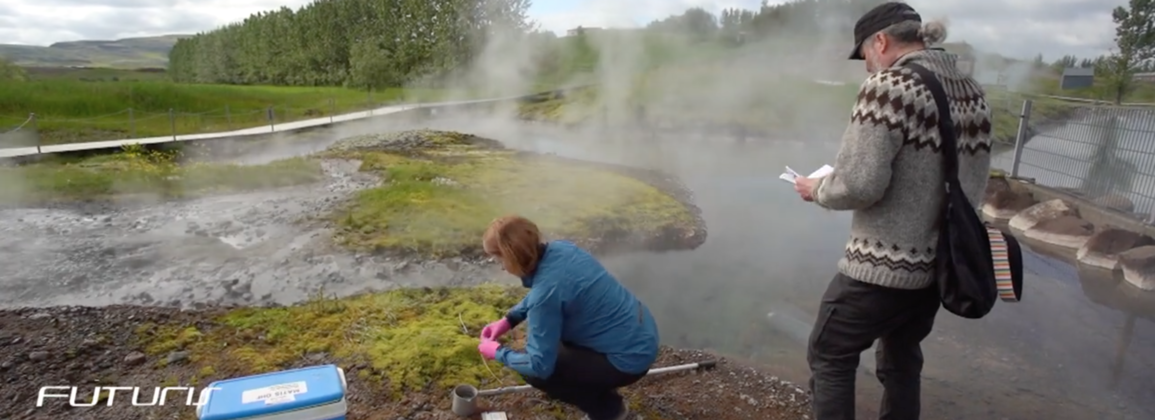Is rapeseed the protein source of the future? Virtual reality video shows the innovation
Nýtt pólskt líftæknifyrirtæki framleiðir nú prótein úr repju og stuðlar þannig að sóunarlausri (Zero Waste) framleiðslu. Þetta er byltingarkennd nýjung
Is rapeseed the protein source of the future? Virtual reality video shows the innovation Nánar »
